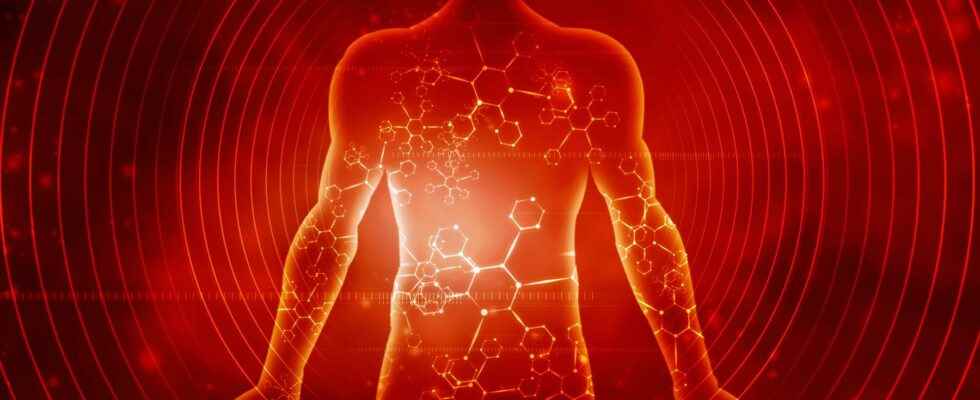Scientists are deciphering the SARS-CoV-2 complex little by little. Since the start of the pandemic, publications have been piling up. Initially considered a respiratory virus, it turns out that this virus actually affects many organs. What if Covid-19 disease was a systemic disease? Overview.
You will also be interested
[EN VIDÉO] Long Covid: when symptoms last for months Many people have long Covid, a form of the disease that can stretch for months. © Futura
the SARS-CoV-2 is a virus extremely complex. Completely asymptomatic in some, it can lead to death in others. Initially confined to the respiratory sphere, this virus has shown that it affects many other organs. What are the parts of our body that this virus can invade?
Lungs
SARS-CoV-2 is able to enter the cells of pulmonary alveoli. These are the site of gas exchange: entry of oxygen into the body and exit from carbon dioxide. The attack of the virus decreases the supply of oxygen to the whole organism. The symptoms associated are cough, fever and difficulty breathing.
The heart and blood vessels
SARS-CoV-2 has the ability to penetrate endothelial cells via the ACE-2 receptor (enzyme converting angiotensin-2). These cells line the blood vessels and are involved in the control of debit blood. The associated symptoms are the formation of blood clots and an increased risk of heart attack. A study showed that infected people have a +63% risk of having a heart attack and a +52% risk of having a stroke within a year of infection.
The brain
From brain damage have also been observed, although the underlying mechanisms are poorly understood. A study showed that people infected with the virus had a +40% risk of presenting with depressive disorders or sleep disorders.
The eyes
The disease at Covid-19 may be accompanied by symptoms eyepieces : conjunctivitis and inflammation eyelids. This kind of troubles is observed especially in the sickest patients.
The nose
The virus would have the ability to invade the nerve cells of the nose. The loss of smell has been extensively described. Some patients recover very quickly while rehabilitation is necessary for others.
Liver
More than half of the hospitalized patients had elevated liver enzyme levels, suggesting deterioration of the organ.
Kidneys
In the most serious cases, the attack of kidneys is common and can lead to the death of the patient. It is not known whether the virus directly attacks kidney cells or whether the kidney damage is secondary to other organ failures or whether both mechanisms are involved.
The intestines
According to data from biopsiesthe virus would have the ability to attack the gastrointestinal tract. Indeed, cells are rich in ACE-2 receptors as in lungs. In addition, approximately 20% of patients reported diarrhea.
Interested in what you just read?
